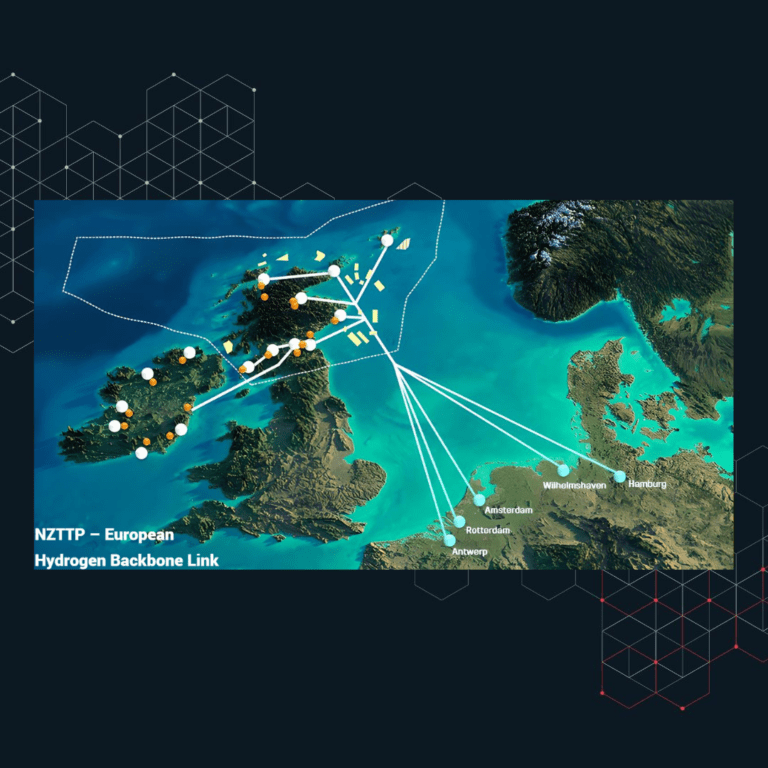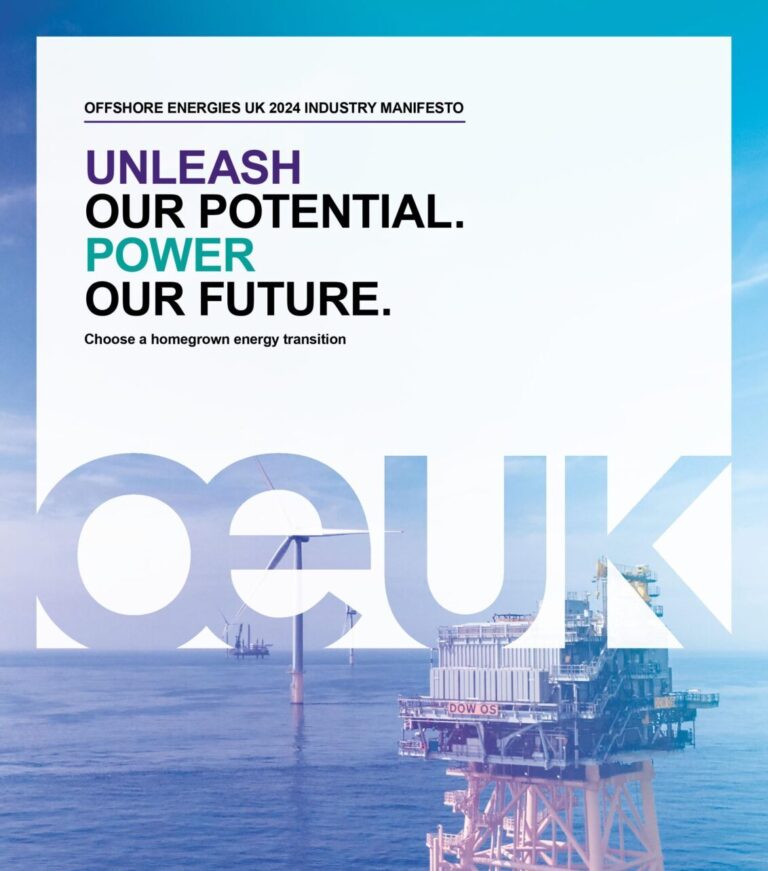Stainless Steels in CCUS: Forging a Sustainable Future
As the global effort to combat climate change gains momentum, industries face the challenge of meeting strict carbon reduction targets. Enter Carbon Capture Utilization and Storage (CCUS) technology, a game-changer in the quest for a greener tomorrow. And at the heart of this transformative technology lies stainless steel – a crucial ally in achieving our sustainability goals.
CCUS encompasses technologies designed to remove CO₂ from fluids like air and flue gas, utilising or securely storing the captured CO₂ underground. Among these technologies, industrial capture, focusing on flue gas CO₂ capture, takes centre stage. For industries seeking effective decarbonization solutions, such as power generation, steel, cement, and fertilizer production, CCUS emerges as a viable answer to significantly reduce emissions.
The proliferation of CCUS technology owes much to stainless steel – a true enabler in this transformative journey. CCUS projects pose unique challenges, the aggressive corrosive environment where CO₂ meets free water heightened by impurities from industrial sources. In this demanding setting, stainless steel stands resilient, ensuring long-term integrity and reliability.
Groundbreaking CCUS projects like Carbfix in Iceland and Sleipner in Norway demonstrate the indispensable role of stainless steel in safeguarding assets against corrosion. Carbfix, utilizing vast amounts of water for CO₂ storage utilises 316(L) grade stainless to combat saltwater corrosion. Similarly, Sleipner’s successful two-decade injection of CO₂ into a saline aquifer relies on 25Cr Duplex stainless steel tubing and casing, ensuring seamless operations.CCUS project success hinges on material selection. Impurities present in industrial CCUS processes can lead to various damage mechanisms. It’s crucial to understand how different grades of stainless steel resist crevice corrosion, stress corrosion cracking, and depassivation; caused by chlorides, oxygen, and high temperatures for optimal performance.
As CCUS infrastructure evolves, no unified design code is currently available. However, upcoming guidance from AMPP sets the stage for material selection and design and understanding established standards like ISO 13680, API 5 CRA, and API 617 becomes essential for selecting suitable materials.
To seize the opportunities in the flourishing CCUS market, manufacturers must equip themselves for the unique challenges of this sector. OGC Energy offers invaluable expertise in material selection and integrity threat assessment, empowering manufacturers to make informed decisions and ensure the long-term success of their CCUS projects.
Embrace the future of sustainability with stainless steels in CCUS – Powering a cleaner, greener world for generations to come!



